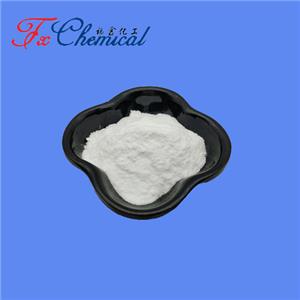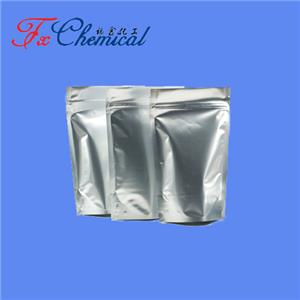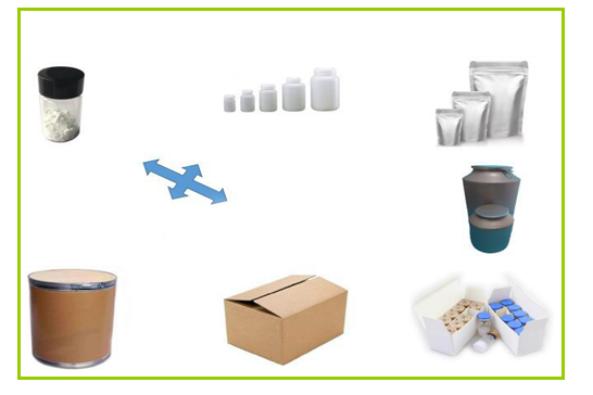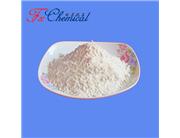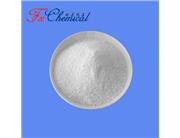Applications of Pentosan Polysulfate Sodium (PPS)
Pentosan Polysulfate Sodium (PPS) is a semi-synthetic polysaccharide derived from beechwood hemicellulose and is known for its anticoagulant and fibrinolytic properties. Here are the primary applications of PPS:
1. Medical Treatment
Interstitial Cystitis/Bladder Pain Syndrome
Management of Symptoms: PPS is the only oral medication approved by the FDA specifically for the treatment of interstitial cystitis (IC), also known as bladder pain syndrome (BPS). It helps relieve bladder pain and discomfort and reduces urinary frequency and urgency.
Mechanism of Action: PPS is thought to adhere to the bladder wall, acting as a buffer to protect the bladder from irritating substances in the urine.
2. Anticoagulant and Antithrombotic Agent
Blood Thinning
Anticoagulant Therapy: PPS has anticoagulant properties and can be used to prevent the formation of blood clots. It works by inhibiting the activity of certain enzymes involved in the blood clotting process.
Deep Vein Thrombosis (DVT) and Pulmonary Embolism (PE): PPS may be used in the prevention and treatment of conditions like DVT and PE, where blood clots form in the veins and can travel to the lungs.
3. Anti-inflammatory and Antifibrotic Effects
Chronic Inflammatory Conditions
Anti-inflammatory Action: PPS exhibits anti-inflammatory properties, making it potentially useful in the treatment of chronic inflammatory conditions such as arthritis.
Fibrosis Prevention: It can help prevent the development of fibrosis (excessive connective tissue formation) in various tissues, which is beneficial in conditions like liver fibrosis, pulmonary fibrosis, and other fibrotic diseases.
4. Veterinary Medicine
Equine Joint Health
Osteoarthritis in Horses: PPS is commonly used in veterinary medicine for the treatment of osteoarthritis in horses. It helps reduce inflammation and improve joint function.
Chondroitin Sulfate Substitute: PPS acts similarly to chondroitin sulfate in joint health, promoting cartilage repair and reducing pain and inflammation in joints.
5. Potential Cancer Therapy
Cancer Research
Antitumor Activity: Preliminary research suggests that PPS may have antitumor properties. It has been studied for its potential role in inhibiting the growth and spread of certain types of cancer cells.
Metastasis Prevention: PPS may interfere with the mechanisms that cancer cells use to spread to other parts of the body (metastasis).
6. Other Potential Therapeutic Uses
Neuroprotection
Viral Infections
Safety and Side Effects
Common Side Effects
Gastrointestinal Issues: The most common side effects of PPS include gastrointestinal issues such as nausea, diarrhea, and abdominal pain.
Headache and Rash: Other potential side effects include headache and rash.
Serious Side Effects
Bleeding Risk: Due to its anticoagulant properties, PPS can increase the risk of bleeding. Patients should be monitored for signs of unusual bleeding or bruising.
Hematologic Reactions: Rarely, PPS can cause serious hematologic reactions, including thrombocytopenia (low platelet count).
Summary
Pentosan Polysulfate Sodium (PPS) is a versatile medication with primary applications in the treatment of interstitial cystitis, anticoagulation, and veterinary medicine for equine joint health. It also holds potential in anti-inflammatory, antifibrotic, neuroprotective, and antiviral therapies, as well as cancer research. While PPS offers significant therapeutic benefits, its use must be carefully monitored due to potential side effects, particularly related to its anticoagulant properties.

 China
China
